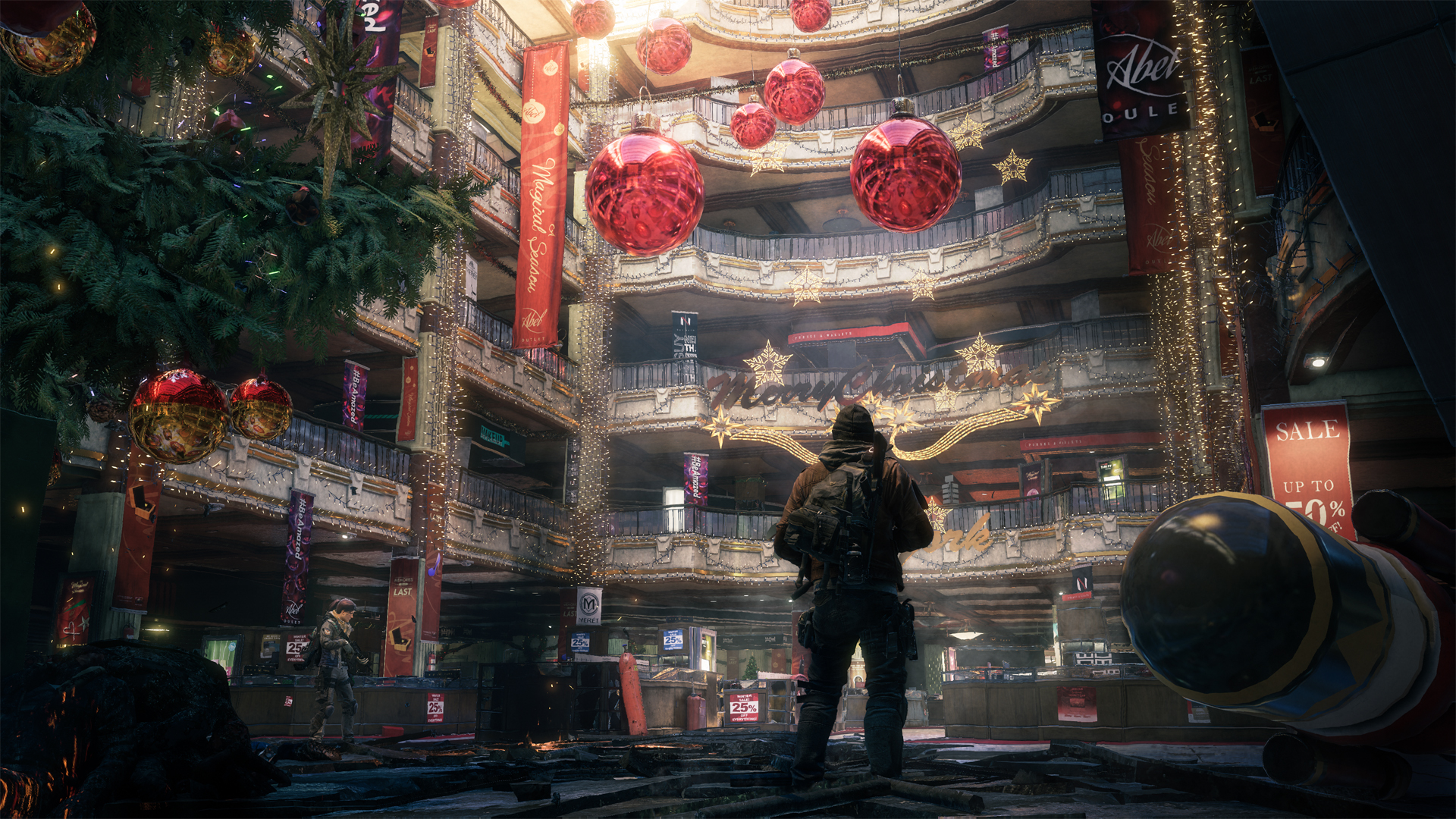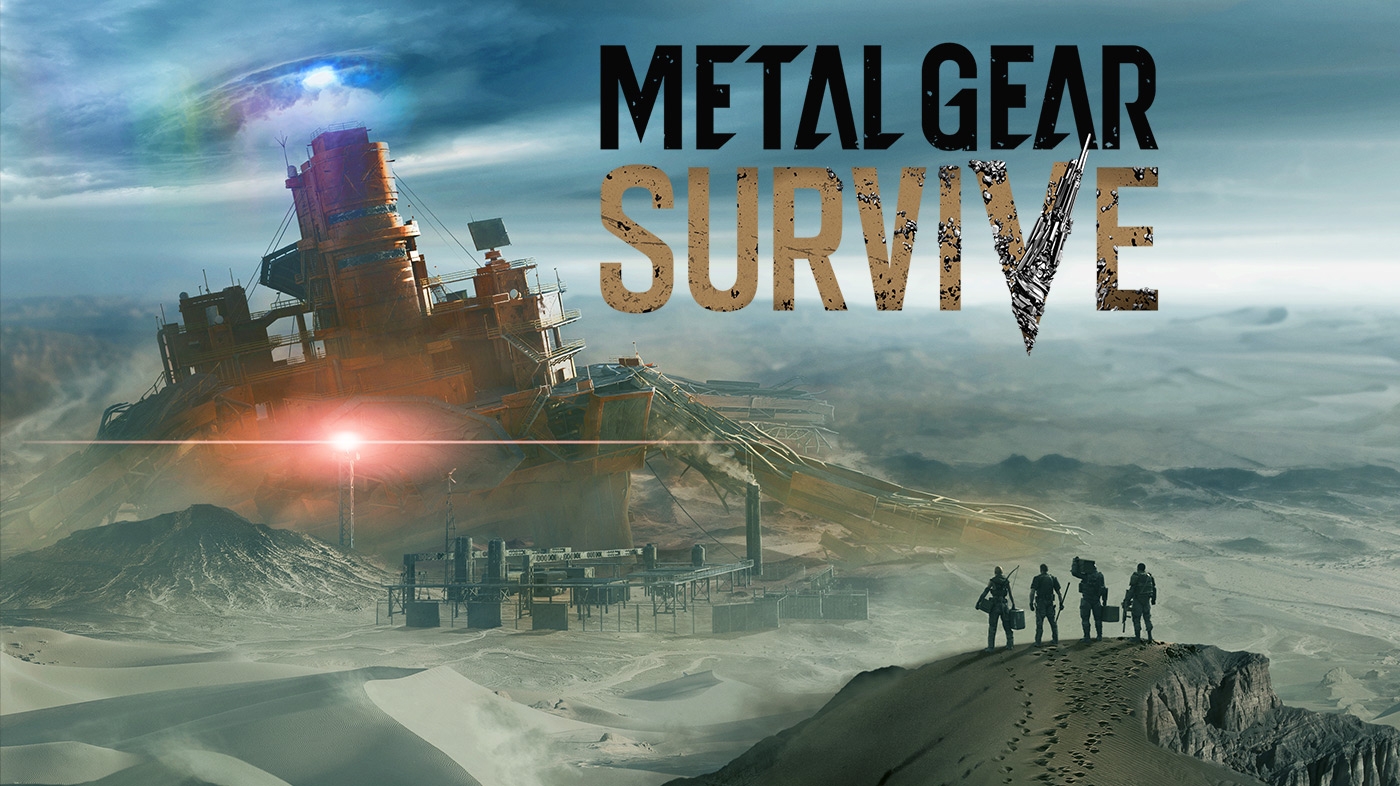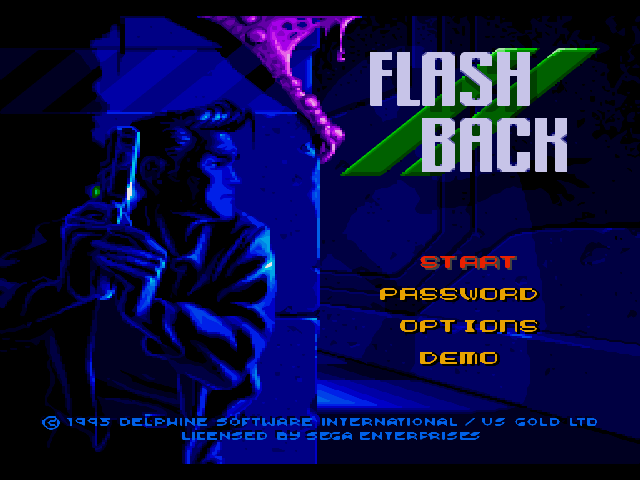
The thought came to me after stumbling across some 4K screenshots of Tom Clancy's The Division. Admittedly, the pictures are very nice, but... that beauty also sparks some disappointment. When the first images from The Division appeared, I couldn't stop thinking about all of the rich possibilities for exploration and discovery the game might hold.
I mean, the REAL New York City is one ginormous mystery that can never be fully understood, or known. Even life long residents of the city have remarked how the five boroughs are impossibly complex. You can live there for your entire life, and still not know much of what is actually in the city.
The Division visually hints at that sort of grandeur and scale, but fails to deliver on that promise. I mean, sure, the game itself IS big. You can wander the streets for what seems like forever, but that is a far cry from what I'd been hoping The Division would be. And I doubt that it is any coincidence that I felt the same about Watchdogs.

For the Division, I wanted to be able to enter and completely explore virtually any or all buildings in the city. I thought that at the very least, there might have been the ability to commandeer vehicles, or to hide inside of them. And with the sheer abundance of garbage laying all about in the city, I would have expected that players could freely scavenge random parts, and perhaps use them for crafting tools, weapons, or other items.
Instead, The Division's version of New York basically turns the city into one huge battle arena. How much difference is there between The Division's core gameplay, and... Quake III or Star Wars Battlefront? The game is billed as an RPG. And there is a thin coating of RPG like elements. But the best role-playing games are not JUST about giving you 10 million different options and ways to play. It's also about creating a gripping story, a compelling narrative that draws you in and makes you feel that you are playing a vital role.
![]()
Curious... that a 20 year-old game with 2D sprites managed to so much, so well.
Part of the way that you create that sort of compelling narrative is by allowing the player to form connections with not just other players, but even NPC's. If you think of some of the greatest RPG's of all time: Final Fantasy VII, ChronoTrigger, Suikoden, Zelda, what do players remember most about those games? The special weapons and power-ups that could be found? No. People remember THE STORY.
But enough picking on The Division. There's plenty of other games that I could think of that seem to hint at near limitless possibilities, but then fall short. How many games have you played where you find yourself walking past one static building after another? Sure the scenery looks good, but it's inaccessible.
Back in the days of 32-bit consoles, I would have completely understood why this might have been such a daunting task. But now? Stop and consider some of the very best open world games that were on last gen hardware: Skyrim, The Last of Us, The Uncharted Series, The Far Cry series, Grand Theft Auto V, The Saints Row Series, Red Dead Redemption, The Witcher series. Those games truly shattered the barriers of what we knew to be possible on consoles.
Fallout 3 & 4 seemed to deliver on the kind of depth and interactivity that I'd hope to see in The Division. In fact, there's been no shortage of commentary on the sheer scope of Fallout. But, here we are in 2016, and we still have games with buildings with sealed doors and windows. Oceans, lakes and rivers that you can't explore, mountain ranges that you can't climb, and random items that are intangible.
Now, I understand the logical explanation for all of this. For certain games, due to budget constraints, or even just design, creating a game with that kind of complexity may not be practical or even doable.
But...
... Virtual Reality.

That's all that everyone can talk about right now. But how satisfying will VR be if we still see these kind of limitations in games?
For example, say I'm swimming in an underwater level, and I just happen to see a mysterious looking cave. The way games are now, and always have been, you would never be able to explore that cave. You could probably get just past the mouth of the cave, and then find yourself blocked from going any further by an imperceptible wall.
I've become accustomed to these kind of barriers over the years because I always told myself that the technology just couldn't support it. But now? Can I still tell myself that and believe it?
It's the little touches that often make a game great. It's the small things that impress. How long are we going to walk into kitchens where you can't break the dishes, or open the cabinets? How long are we going to see cars and trucks that don't explode after a well-placed shot to the gas tank?
This even applies to the Hitman series which I've probably mentioned wayyy too much. How long will it be before we get realistic physics on NPC's? If I shoot an enemy directly in the knee caps, should he still be walking? If I smack an ordinary enemy in the head with a heavy object, shouldn't that be lights out?
There's so many ways that game developer's could add endless layers of depth to their games, and yet... I'm not seeing it. At least, not to the extent that I've hoped for. Perhaps my sentiments are due to a lack of detailed knowledge on the complexity and challenge of making a modern game. But, what I do know is that it seems like it will still be a long time before I get to play the kind of games I've often dreamed of.
Thoughts? Comments? Let em' rip.






















































